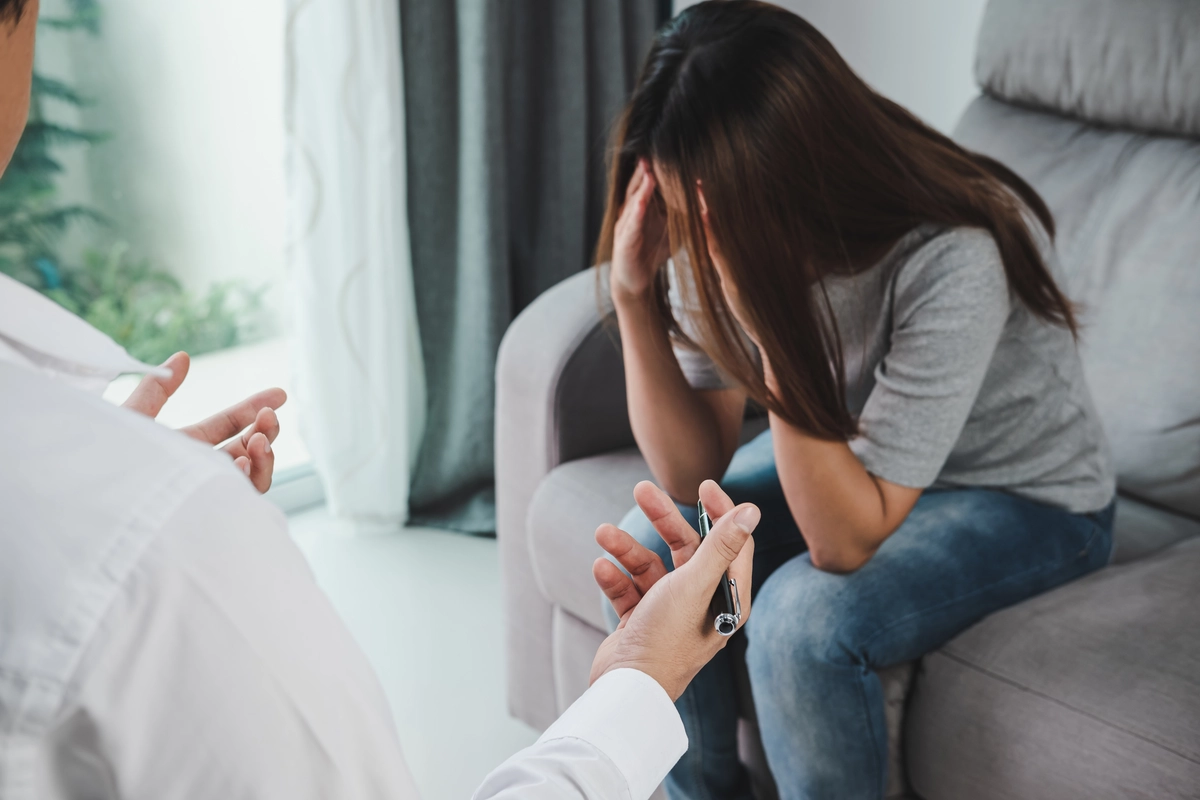24/7 Helpline:
(866) 899-111424/7 Helpline:
(866) 899-1114
Learn more about Bipolar Disorder Treatment centers in Sherman Oaks

Other Insurance Options

Holman Group

EmblemHealth

UnitedHealth Group

ComPsych

Evernorth

Self-pay options

Health Partners

UMR

PHCS Network

Cigna

Access to Recovery (ATR) Voucher

Health Choice

Highmark

Coventry Health Care

Health Net

American Behavioral

Horizon Healthcare Service

Optima

Private insurance

Optum

Crosspointe Recovery
Crosspointe Recovery is a CARF-accredited drug and alcohol addiction treatment rehab located in Sher...

West Valley Detox Treatment — Sherman Oaks
Luxury Drug & Alcohol Residential Rehab Centers in Los Angeles specializing in substance abuse and c...


























